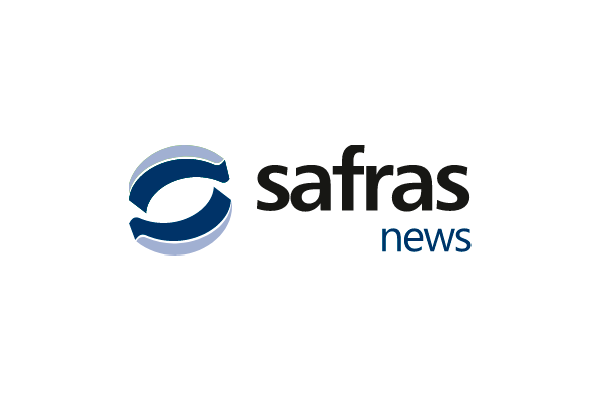Negotiations in the brazilian physical coffee market remain difficult due to the still very large spread between bids and offers. The improvement in international prices helped break some resistances. The weaker dollar, on the other hand, takes away strength from prices and helps to hinder the progress of business. In this sense, good cup from the south of Minas Gerais is indicated between BRL 990 and 1,020 a bag, trying to recover the important level of BRL 1,000 a bag. The difference between bids and offers decreased from BRL 80 to 30 a bag but is still a factor limiting negotiations.
Cerrado’s fine cup recovered the line of BRL 100 and is indicated between BRL 1,030 and 1,070 a bag in the physicals, following the behavior of good cup. Rio coffee from the Matas de Minas region costs around BRL 860 to 950 a bag, depending on the description and buying interest. External demand continues to bring relative support to weaker cup arabica.
Local industry remains with aggressive buying interest in conillon
The interest of the domestic roasted and ground industry ends up reinforcing the price support movement for coffees aimed at domestic consumption. And this explains the positive detachment of these descriptions from the international market. Hard cup arabica with 600 defects in Minas Gerais or São Paulo costs around BRL 950 a bag, showing a strong reaction. In real terms (price series deflated by IGP-M), arabica for domestic consumption manages to remain above the five-year average, which reinforces the idea of the relative strength of coffees bound for domestic consumption. Coffees aimed at domestic consumption have shown relative strength, particularly in the export segment of the so-called group 1, which includes good, fine, and cherry (semi-washed) cups.
The fact is that the high price of arabica makes it possible to increase the demand and use of conillon in the blend of the local industry. Thus, conillon type 7/8 in Colatina, Espírito Santo, is currently around BRL 690 a bag. Indeed, the price difference between hard arabica with 600 defects and conillon 7/8 has dropped from BRL 550 to 260 a bag. A significant difference but not enough to change the industry’s posture, which remains aggressive toward conillon. Perhaps, to raise a little more interest in the weaker cups of arabica.
The industry must keep staggering positions, monitoring the progress of Brazil’s 2023 crop and, especially, the spread between the internal prices of arabica and conillon. The expectation of an improvement in future supply associated with the relative increase in arabica supply, with the arrival of Brazil’s 2023 crop, keeps the local industry more restrained in its forward positions with conillon.

